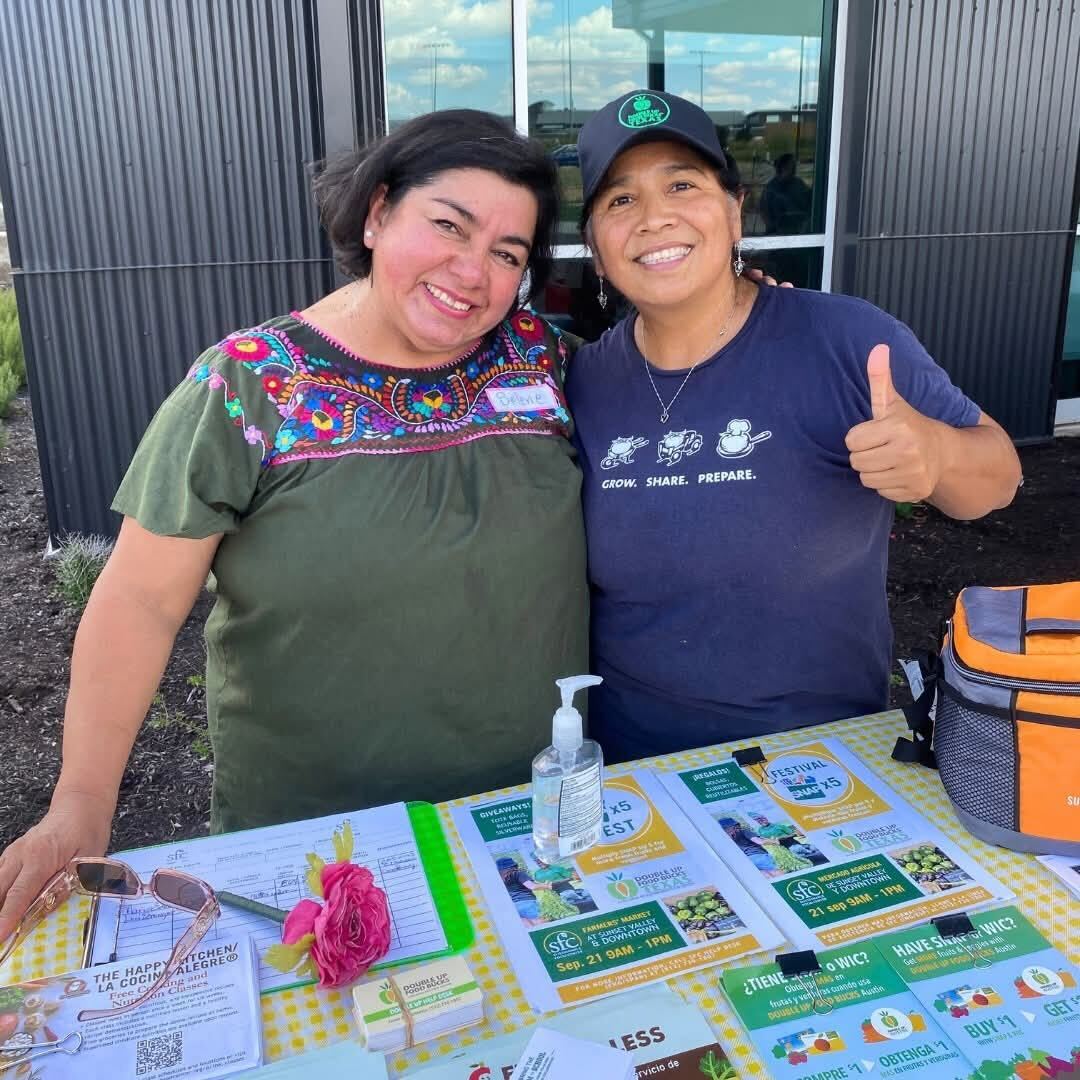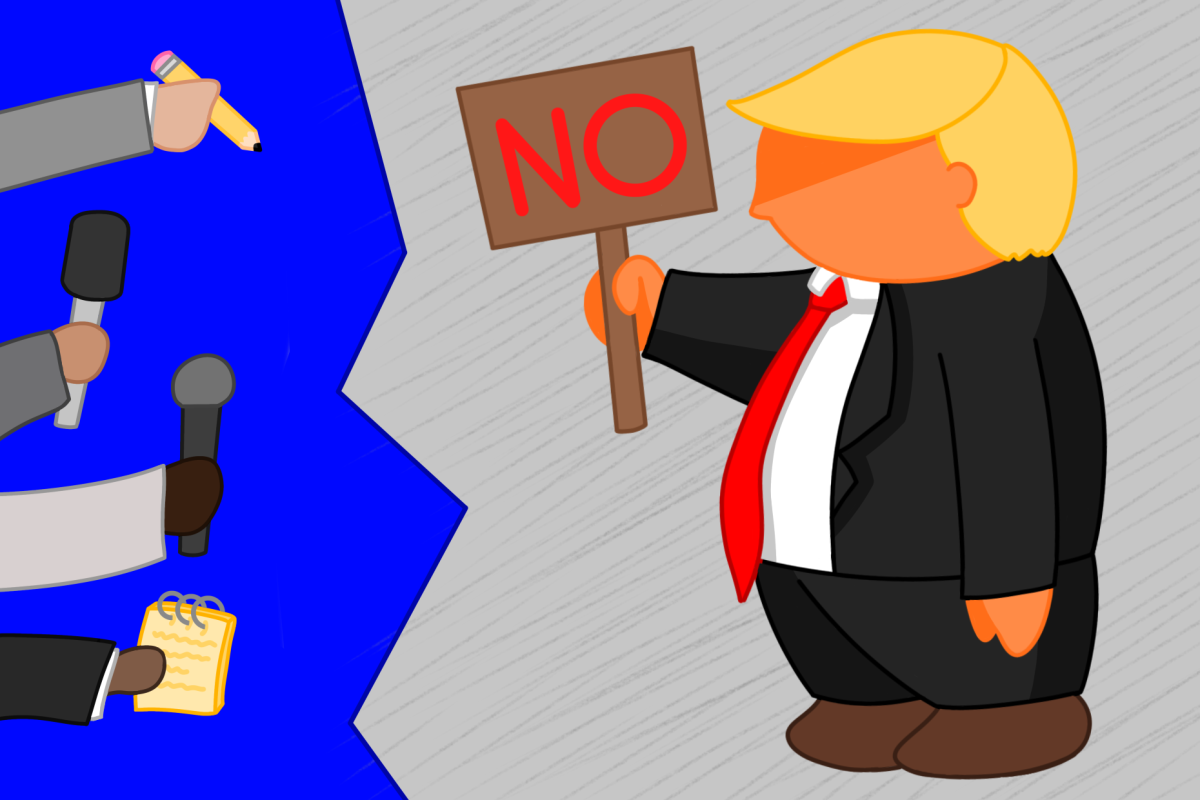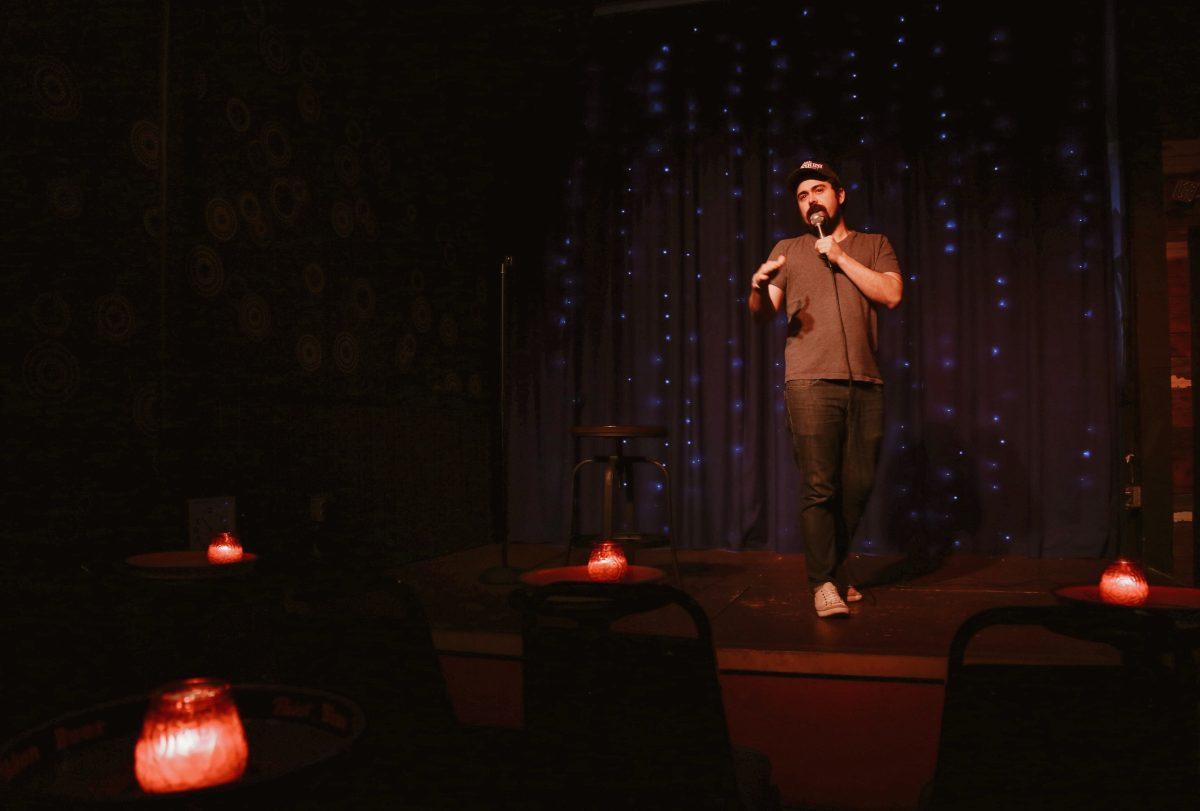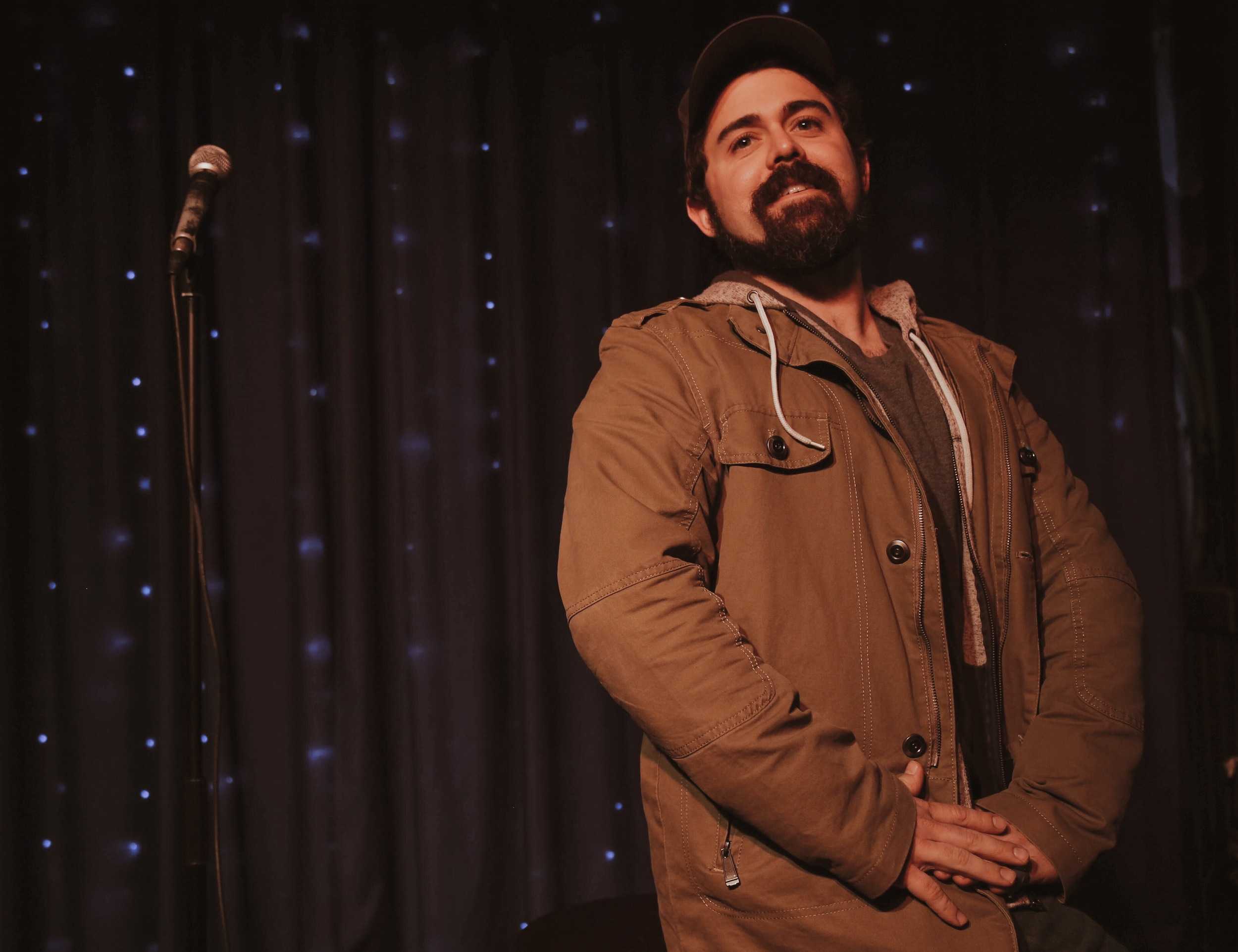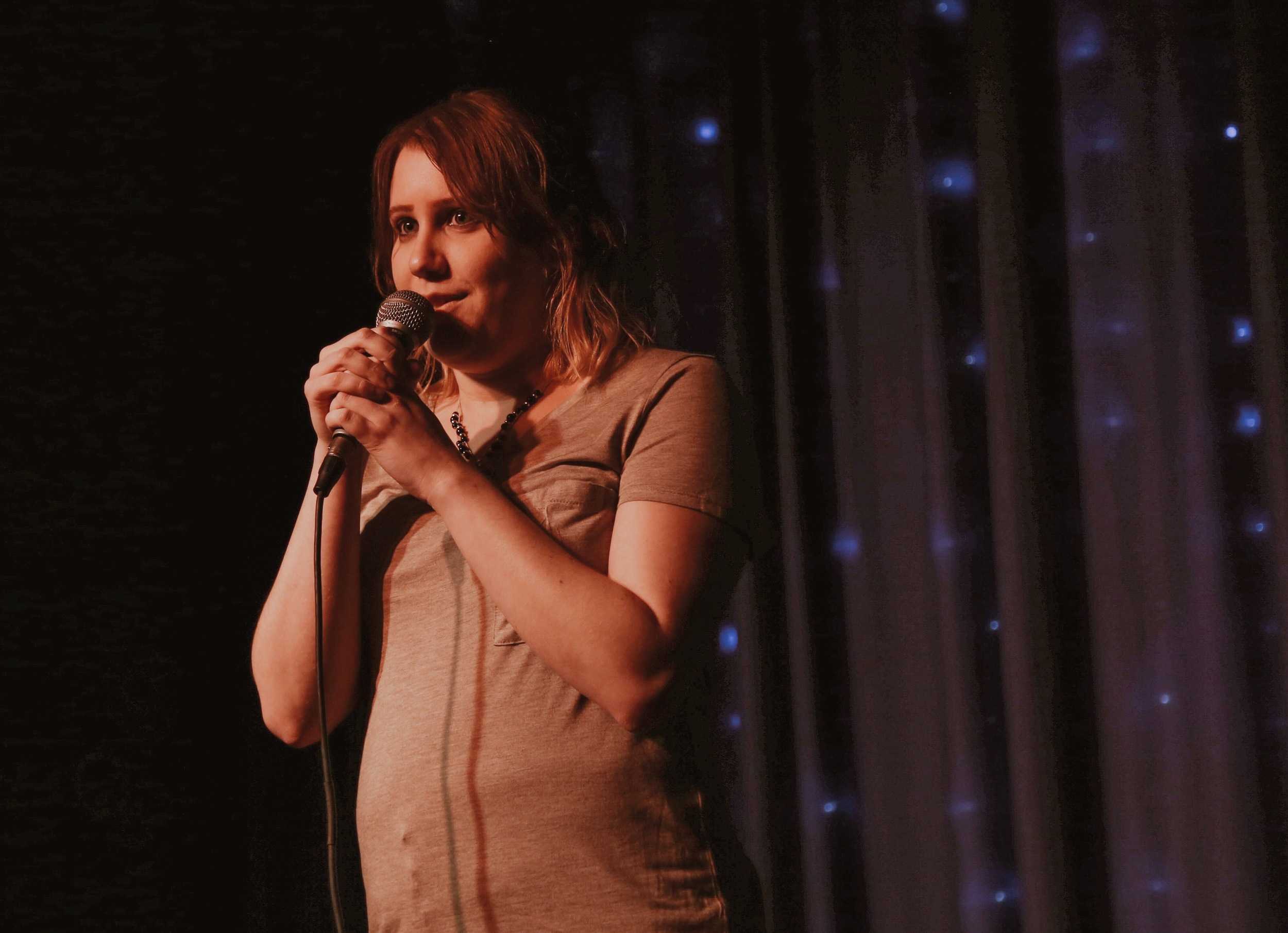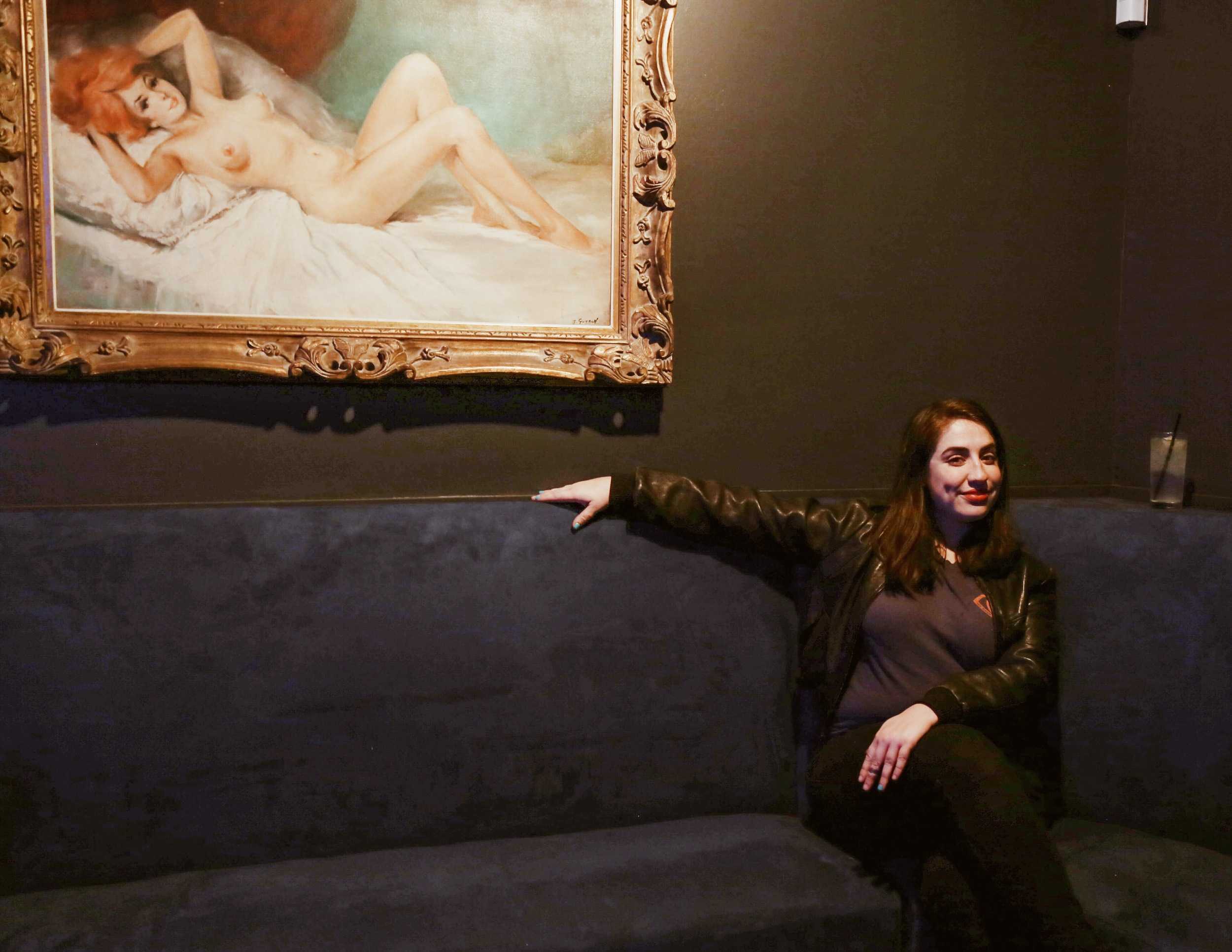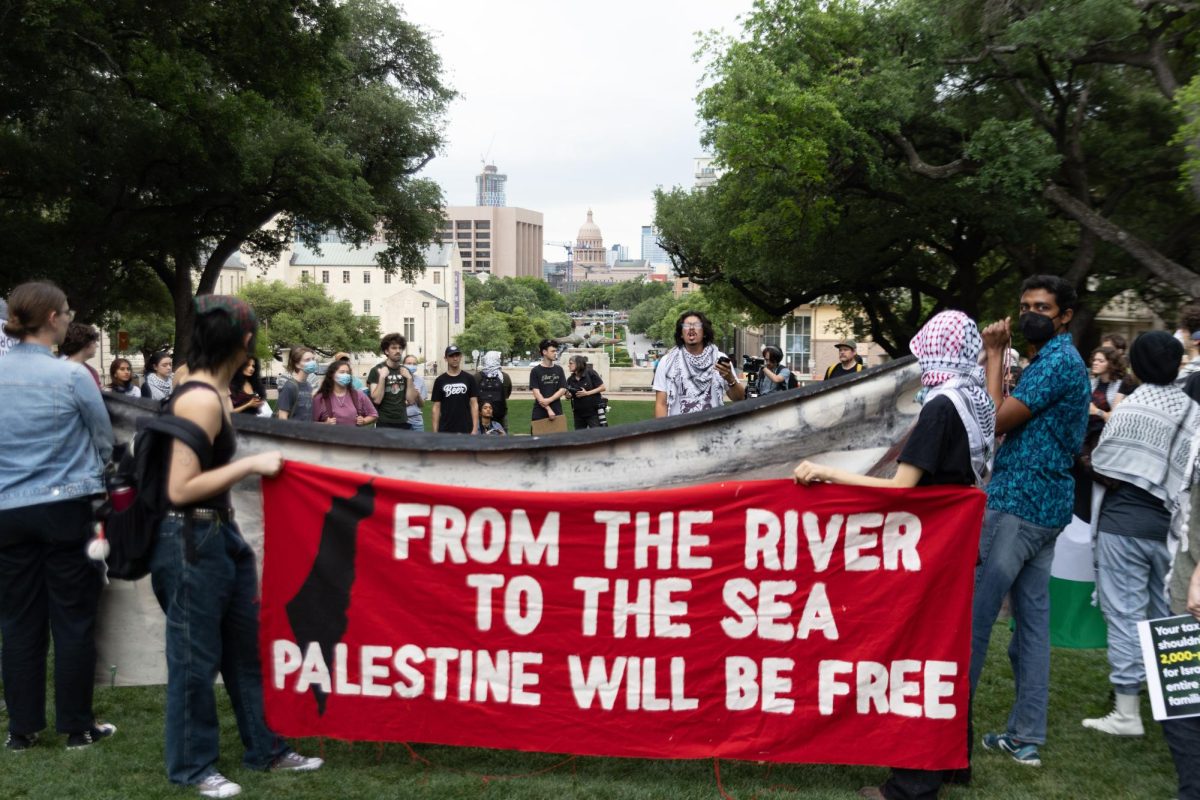Editor’s Note: This story appeared in the December 2015 ORANGE Issue IV.
FOR A PERFORMER, every moment on stage is the accumulation of countless hours behind open mics and hanging in the back of concert halls waiting to perform. It was at one such venue that I first saw local comedian Joe Hafkey perform.
Story By Rebeca Lauprecht
Photos By Betsy Joles
Comedian Joe Hafkey
Before Hafkey came to Austin, he worked at a comedy club in Richmond, Va., where he performed stand- up for the first time. He began performing stand-up regularly, and he eventually went on to host an open mic night of his own at another venue. Hafkey says there were not a lot of opportunities to do stand- up in Richmond. He remembers participating in Richmond’s bringer shows, in which each performer is responsible for bringing a certain number of audience members, as a novice. “The worst possible time for your friends to see you do stand-up is when you’re rst standing out because you’re horrible, and in order to get on stage you had to wrangle all of your friends and get them to come see you at your literal worst,“ he says.
To Hafkey and many other comedians, Austin provides an opportunity to grow as a comedian that can’t be found elsewhere. “Austin is amazing,” Hafkey said, “The scene is huge, and there are a lot of people from Comedy Central here all the time, people from late night. People get booked here.”
Though it is larger than the scenes in other cities, Austin’s comedy scene still provides a certain level of intimacy. Many of the stand-up comedians that participate in the scene know each other well and are very familiar with the venues in which they perform. Hafkey says Austin Java, Buzzmill and Cap City Comedy Club as great venues to perform in and watch stand-up around the city. Some venues provide opportunities for intimate stand-up experiences and some for large performances. Hafkey says at Cap City, “There’s the big room which is where the weekend headlining shows happen, and as you walk in there’s a front lounge that seats like 120 people. That’s my favorite room in town.”
As Hafkey described, there are many Austin spaces for comedy. “What’s cool about that is that people are constantly creating these spaces that are made for this — avenues for people for performance or viewing or what have you,” comedian Melody Shifflet says. Among these spaces are various bars, coffee houses and comedy clubs that are homes to open mics and large-scale comedy shows. Shifflet’s favorites include King Bee Lounge, The New Movement and ColdTowne Theater.
Comedian Amber Bixby
The New Movement and ColdTowne allow stand up comedians to develop their sets and gain experience. “The New Movement and ColdTowne are cool because you can just go there if you want to do something that’s kind of weird or different, and you’re kind of like, ‘I want an audience that’s going to roll with me,’” comedian Amber Bixby says.
Bixby began visiting Austin comedy venues as a student at Texas State University. A few years later, she got a job in the city and began doing stand-up consistently. Bixby remarks that the Austin scene has grown incredibly fast in the past few years. “When I first started, there were three open mics a week, so it was really hard. But now it’s like three every night, so you can just go to one, and if you have a bad set, just go to the next one and just repeat until you feel bad enough to just go home,” she says with a laugh.
Since moving to Austin, Bixby has taken on other projects as well. Alongside Dustin Svehlak and Katie Pengra, Amber has created a web series called “Pretty Awful” about two shallow housemates and the chaos that abounds as they try to navigate art, romance and everyday obstacles. “With the ‘Pretty Awful’ characters I would like to think that I’m nothing like them because they’re terrible people, but awful people are pretty fun to write, turns out,” Bixby says.
Unlike the material in her web series, Bixby says that her stand-up focuses primarily on her life experiences. She draws from her experiences as a young mother and dealing with depression and anxiety.
Shifflet also draws from her life experiences for her stand up material. Like Bixby, she aims to use comedy to reveal some of the harsher truths of everyday life. “I think that also challenging yourself to reflect that hard on it and try to categorize what you’re talking about forces you to open up to more vulnerable truths that I think audiences appreciate more,” she says.
For Shifflet and other comedians, stand-up is a form of self-expression. “I say to myself, if I don’t feel like going out to mics, ‘Well, where are you going to put all these jokes?’” Shifflet says. “‘Where do they go?’”
Hafkey notes that the city is becoming a center for mobile and innovate young artists. “There was a scene in Chicago, but it produced like everybody that is famous right now,” Hafkey says. “Chicago wasn’t a big stand-up scene. They made it big, and I feel like that’s happening in Austin right now.”





